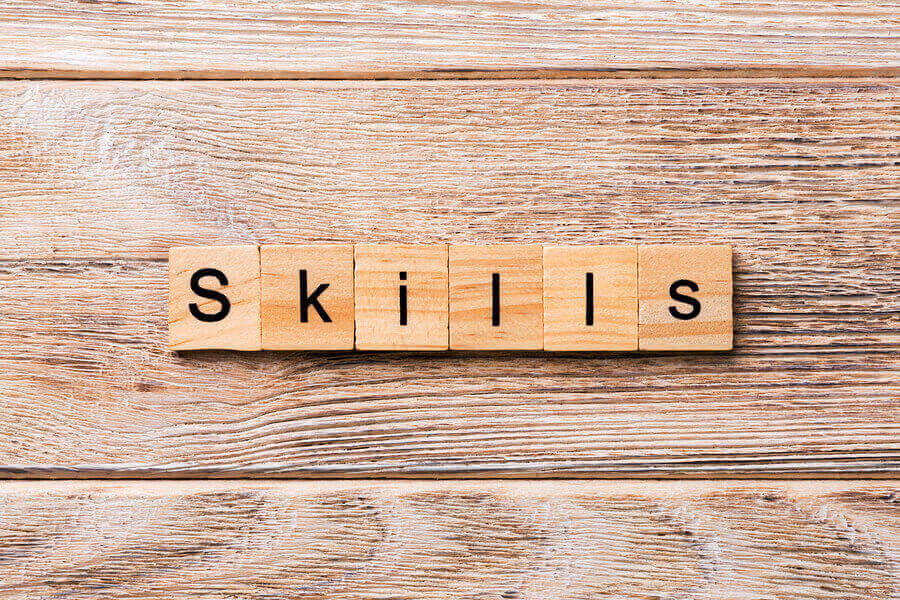
Usman Ghani (May 10, 2019)
Building a team comes with its own set of challenges. Sometimes, it has to do with hiring the right kind of talent and at other times, it has to do with retaining them during times of serious financial crisis. Even the best product or the most innovative business plan is meaningless if there isn’t a dedicated group of pe
ople behind it for the execution. As a team lead, first, you must be able to communicate the core business vision. This must inspire team members in a particular direction. Secondly, you must then motivate the team to transform the vision into a concrete reality. Team-building strategies are vital for both employees and customers. Team-building activities are known to boost employee morale while also strengthening the overall customer experience.
Team-building works because it:

Team-building activities help employees understand each other’s strengths and weaknesses. These activities create empathy, build trust, and generally encourage participants to cooperate with each other. Training and workshops provide numerous learning opportunities, albeit in the form of smaller, collaborative tasks. Mini-challenges help demonstrate the stronger skill sets and abilities of individual team members.

It is fair to say that just about everyone desires a work environment where they feel comfortable talking to each other. Apart from training sessions, there are several ways through which managers can facilitate easier communication between team members as well as with other departments. Project management and collaboration tools like Asana, Slack, or Trello not only keep track of tasks, and deadlines. They also provide a transparent, and convenient method through which to bridge the gap between individual employees. A simple, yet effective way to improve communication is to dedicate a cafeteria or meeting room for people to sit together have a chat or share a meal. Trainings designed around game-based learning can help employees in customer-facing roles improve their communication skills. Such workshops will eventually result in better customer experience for the organisation.

Knowing how to deal with regularly occurring issues is an important part of any job. Employees should be empowered enough to take ownership of the situation and select the right course of action in a timely manner. Team-building activities help increase overall efficiency by enhancing problem-solving skills, and by teaching employs how to strive in high-pressure environments. Having to deal with multiple customers, while on the retail floor, or on the phone, can be an extremely stressful experience. Through role-playing and other similarly designed team-building sessions, facilitators can introduce best practices that ensure an overall positive customer experience- no matter how difficult the customer!

Usually, team-building activities involve performing tasks in an environment completely foreign from the participant’s daily work routine. From tug-o-war to a life-size game of chess, apparently wacky team-building sessions can bring to the surface previously undiscovered skills. There might be a logistical mastermind or a practiced athlete amongst a group of scientists – all that was needed was a fast-paced escape room activity to make it apparent.

Building a team can consist of co-attending workshops, participating in scavenger hunts, and surviving escape room experiences. As a department head, one must also invest in customised training sessions to continually enhance their team’s customer service skills. Regularly-held training sessions can provide employees with the opportunity to identify and address areas of improvement in a safe, judgement-free environment.
Supervisors are expected to keep their employees motivated while also retaining superior customer service quality – quite a formidable task! They can cultivate vibrant, adaptable teams by providing them with an organisational direction and purpose. With the aid of personalised training games and workshops, managers can ensure that their teams will thrive in the fast-paced global marketplace.

Healthcare workers are entrusted with the great responsibility of caring for people. In order to continually offer comfort and care to people, there are certain skills that healthcare professionals need to master. Of course there are the obvious ones related...
Read More
Creative thinking is one of the most important and sought after soft skills that you need to acquire in an increasingly digital landscape of 2021 and beyond. Creative thinking skills are required in many different job roles to come up...
Read More
Sales are the backbone of any business and great salespeople are an asset for the company. Some people are naturally gifted in the art of persuasive communication and negotiation skills required to convince clients and effectively sell more. However, certain...
Read More